Setting the foundation: the overlooked public factors of individual success
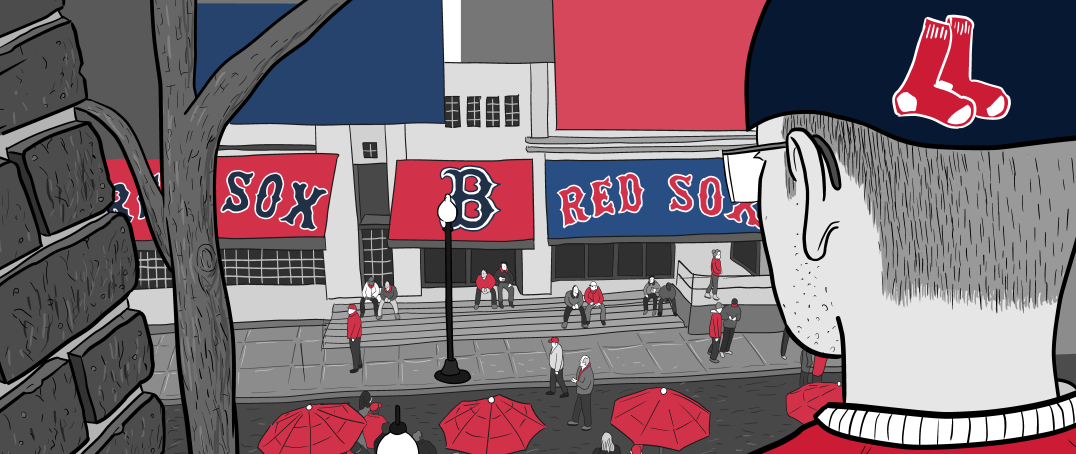
In my last blog post about Who Owns the Million Dollar Baseball?, I discussed the facts of the ‘ballgate’ scandal that the comic profiles. In this blog post, I discuss the broader social issues that the ‘ballgate’ scandal symbolises.
The public factors that influence private successes
Too many people overlook the role of broader society in an individual’s success. But consider this: would it have been possible for the Boston Red Sox to win a title if there was a civil war, or rioting occurring during their season? What if there was a pandemic, or public health crisis? If the transportation network failed? How about if the electrical grid or telecommunication network failed? If there was a disruption to the food system? Mass strikes of teachers, nurses, or other workers?

Because well-functioning systems are invisible, we often forget that they are there. But it is the silent, efficient public systems that allows the members of a society the chance to succeed as individuals.
Brilliant because we let them: the social support that builds billionaires
How much work would Mark Zuckerberg be able to do if he had to empty the bins in his office? If he had to shop for stationery, make his own coffees, and fix the photocopier? What if he had to do the family’s grocery shopping, educate his children, and coach their sports teams? Zuckerberg does not have to do any of these jobs, because there are other people in his company, other people in society, to do these jobs for him.
The success of any one individual is hugely reliant on the smooth functioning of the rest of society. It is because there are people emptying bins, delivering food, minding children, and fixing roads that individuals can become successful in other fields. If there weren’t people doing those other jobs of society, ‘brilliant’ individuals would never have the chance to display their brilliance. They would simply be too encumbered by the chores that broader society relieves them of.
Because of this contribution that other members of society make to the lives of its wealthiest members, it is reasonable that we can claim some percentage of their income as taxation. By filling the other roles of society so that they don’t have do, we give them the chance to do their final masterstrokes on behalf of us all.
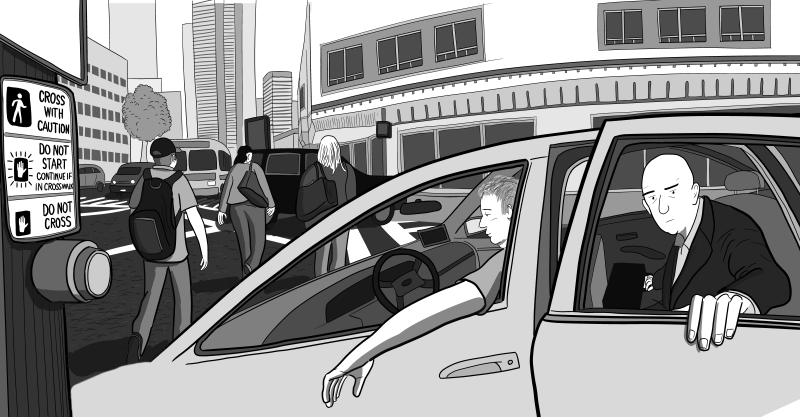
Jeff Bezos: inspiration for the businessman
It is no coincidence that the selfish businessman that I depict looks like Amazon founder Jeff Bezos. Bezos is by far the wealthiest person in the world, with a net worth of US$131 billion. This is simply a staggering amount of wealth to have in the hands of a single individual. His personal wealth is greater than the GDP of the world’s poorest 48 countries combined.
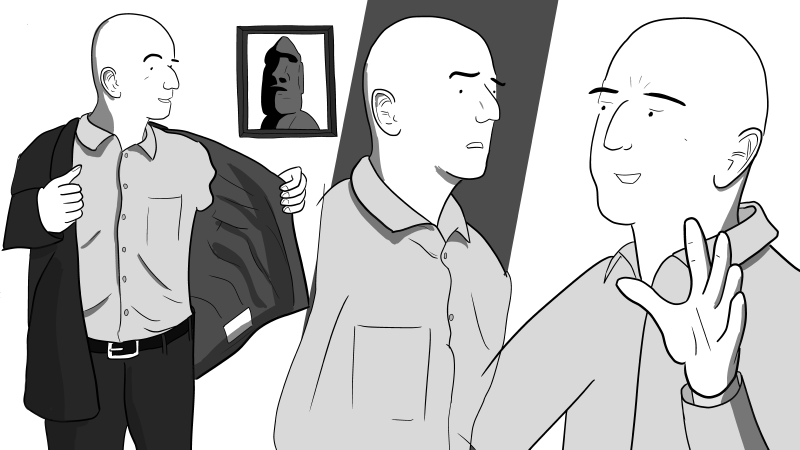
Unfortunately, Bezos and Amazon are notorious for opposing modest taxes on their wealth. Their attitude is emblematic of the selfish “did it alone” mentality that I rail against in my comic.
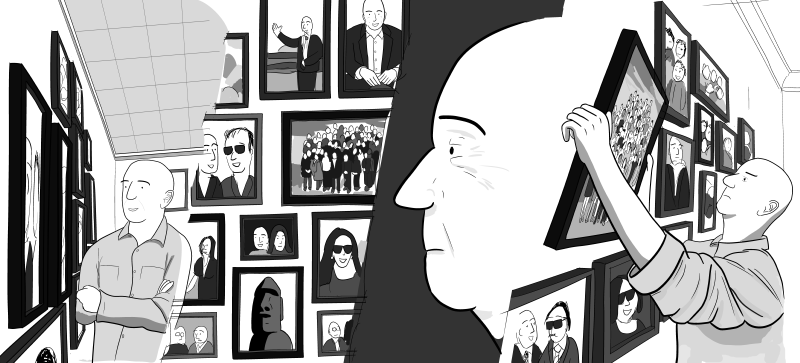
Jeff Bezos came to my attention after his company Amazon opposed a modest corporate tax that would be used to fund homelessness solutions in Washington State. Despite earning $1.6 billion of profits per quarter in 2018, the company baulked at a tax that would have only shaved $20 million from its profits.
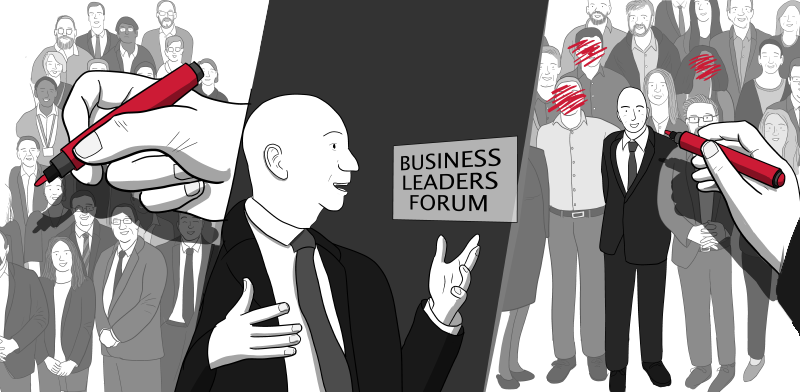
Consider the hypocrisy here. Amazon’s business model is underpinned by public investments into road networks, the postal service, and the internet. Without this publicly-funded infrastructure, Amazon simply would not be able to operate as a retailer.
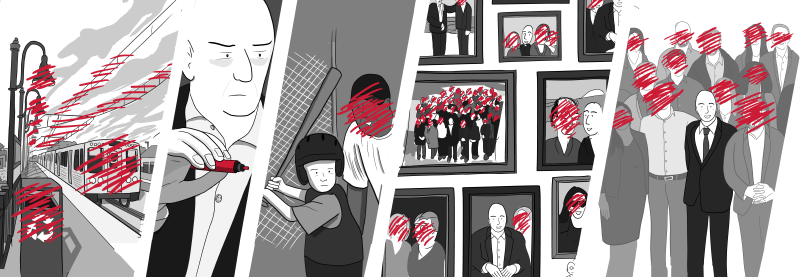
Their private success is only possible because of public investments by the taxpayer. Yet the company sees itself as free from any responsibility to the society that spawned it. This is despite its’ high-paid workers driving up the cost of housing, and thus contributing to the homelessness problem. Despite the correlation between Amazon’s presence and homelessness, the company forced Seattle to repeal its public housing tax plan one month after introduced in 2018.
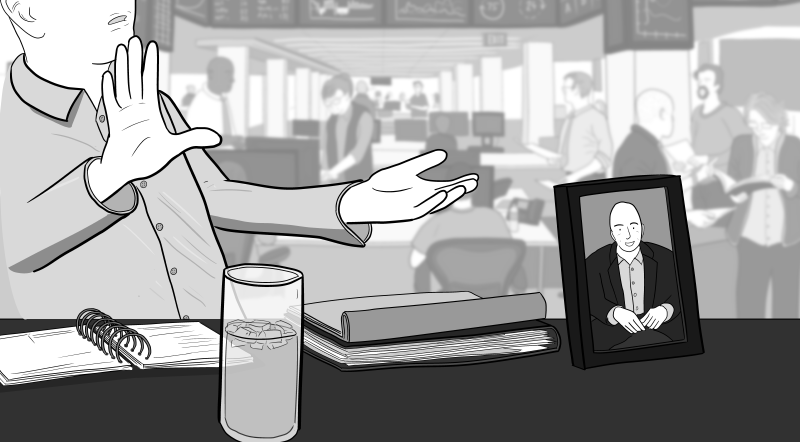
For context to the scale of Bezos’s personal wealth, let’s look at some back-of-envelope calculations. Jeff Bezos is wealthy enough to personally buy every single homeless person in America a new house at median market price, and still have $19.2 billion left over.
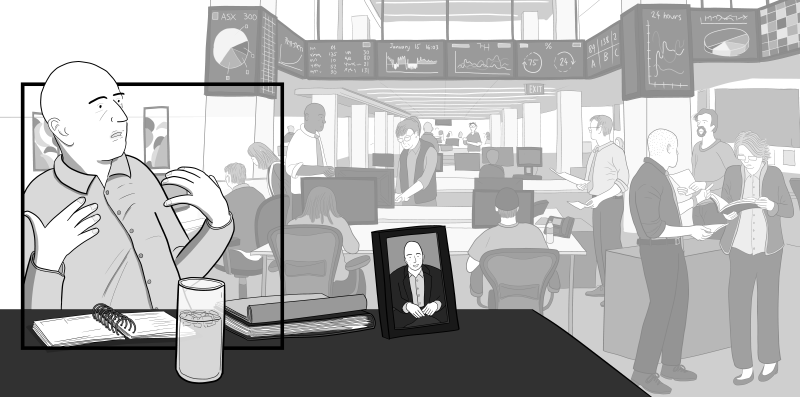
A likeness of Jeff Bezos is my stand-in for my businessman who “did it all himself”, without appreciation for the circumstances that allowed him to get to his position.
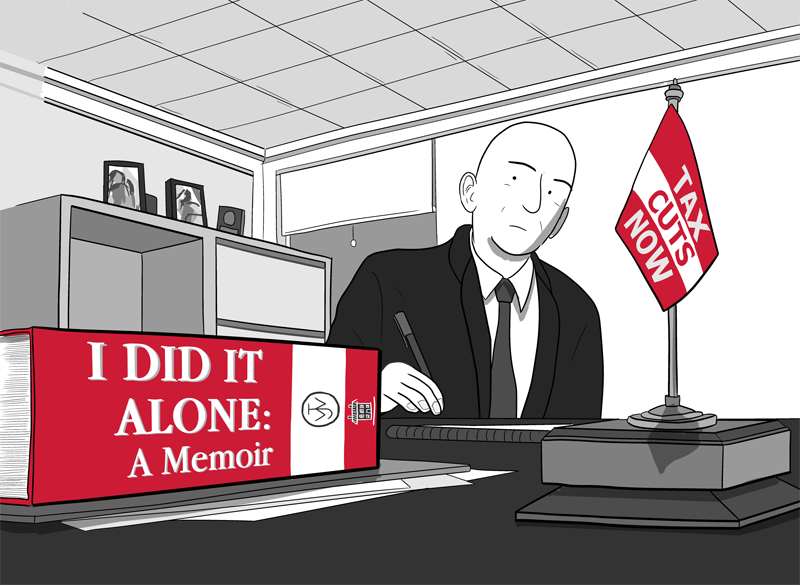
See the full story by reading my comic Who Owns the Million Dollar Baseball.
Hitting upon the theme: the role of society in an individual’s success
The theme of the comic was inspired by me reading books like Our Common Wealth, The Self-Made Myth, and Governomics. These books speak of the easily-overlooked public factors that are critical for individuals to thrive. Factors like law and order, clean drinking water, and telecommunication networks set the publicly-funded platform that private successes build from.
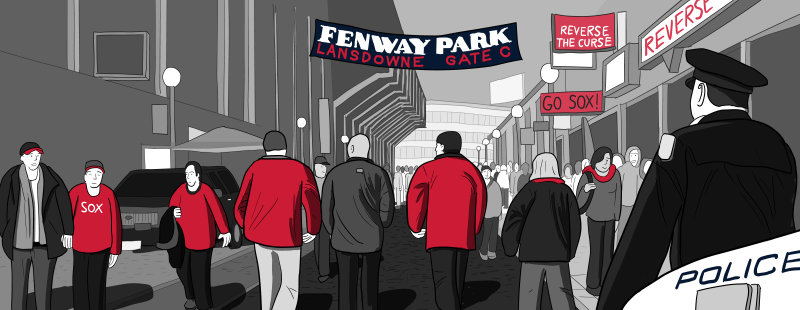
Although the truth of the Mientkiewicz story was elevated beyond reality (as discussed in my previous blog post), I love the Red Sox ball story as a broader analogy. An analogy for the way that we distribute the wealth of our society. It speaks to the warped worldviews of the so-called “self-made men” who “did it all themselves” without any sort of society to help them.
Jonathan Rowe: how I learnt about the Red Sox analogy
Finally, a tip of the hat to Jonathan Rowe, the writer whose work alerted me to this Red Sox baseball story in the first place.

I first learned about the World Series ball scandal through a blog post about the commons by Jonathan Rowe, which was co-written by David Bollier. Jonathan’s writings such as If the GDP is Up, Why is America Down? challenge conventional economics ideas of economic growth equalling ‘progress’.
Jonathan Rowe died in 2011, and it was only after his death that I became aware of his work. I’ve read his brilliant back-catalogue of essays extensively, as well as his posthumously-published book Our Common Wealth: The Hidden Economy That Makes Everything Else Work.
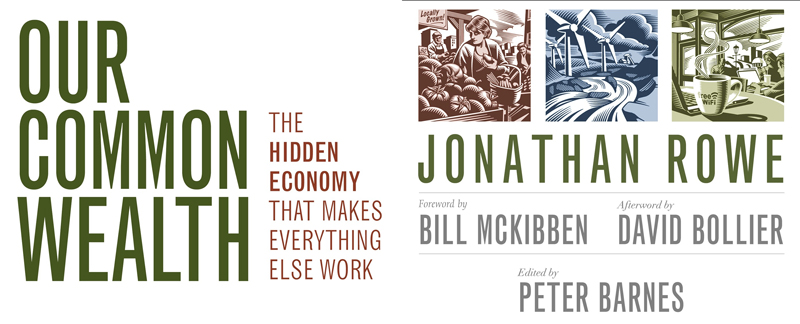
Expect to see me publishing more comics on these themes of society and economics in the future. Join my email newsletter to learn about my new comics as I publish them.
Help to fund my future comics
My comic Who Owns the Million Dollar Baseball? is a self-directed project that I researched, wrote, drew, and published myself. But like the analogy of the comic, it is made possibly because of the generosity of my readers who admire my work. My passionate readers pledge recurring monthly donations that fund my work. Right now, I have 165 individuals who are pledging a cumulative US$1,191 per month to my Patreon crowdfunding page. But, I need that amount to be higher if this is to be a long-term sustainable career for me.
If you enjoyed the 56-page reading experience of Who Owns the Million Dollar Baseball?, and would like to read more comics like it, please donate to support my work. Support my ongoing comics creation by joining my Patreon crowdfunding campaign now via crowdfundstu.com.












Comments
Kenneth Dunning
If we see a homeless person who is obviously suffering from mental illness we may well feel compassion, pity for the individual. But when it is someone who is rich beyond most people's comprehension, and who is obviously suffering from extreme egocentricity, narcissism, to the point it is actually suicidal (although I know that will be difficult for many to see) what do we see, what do we feel? What do we do?